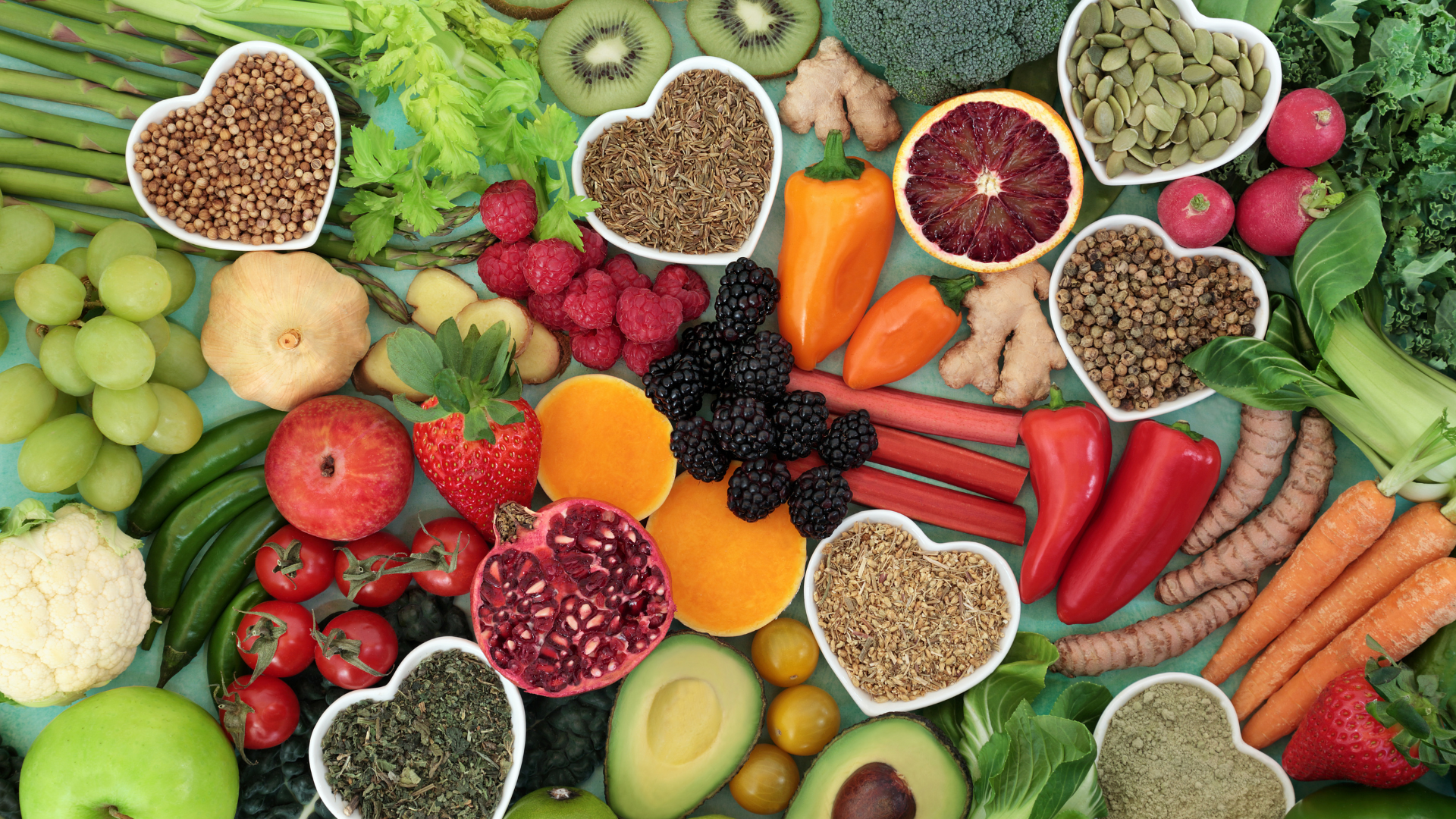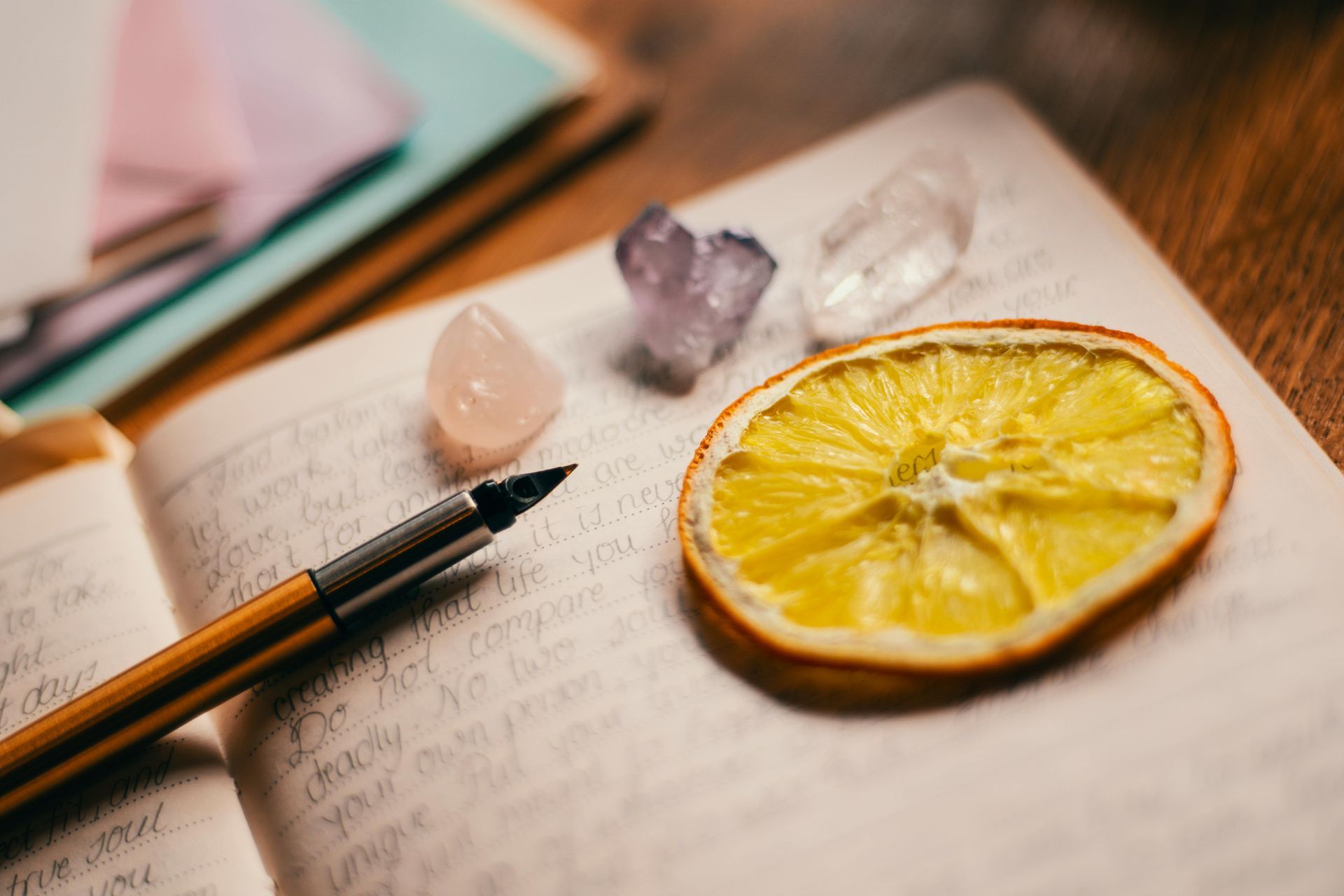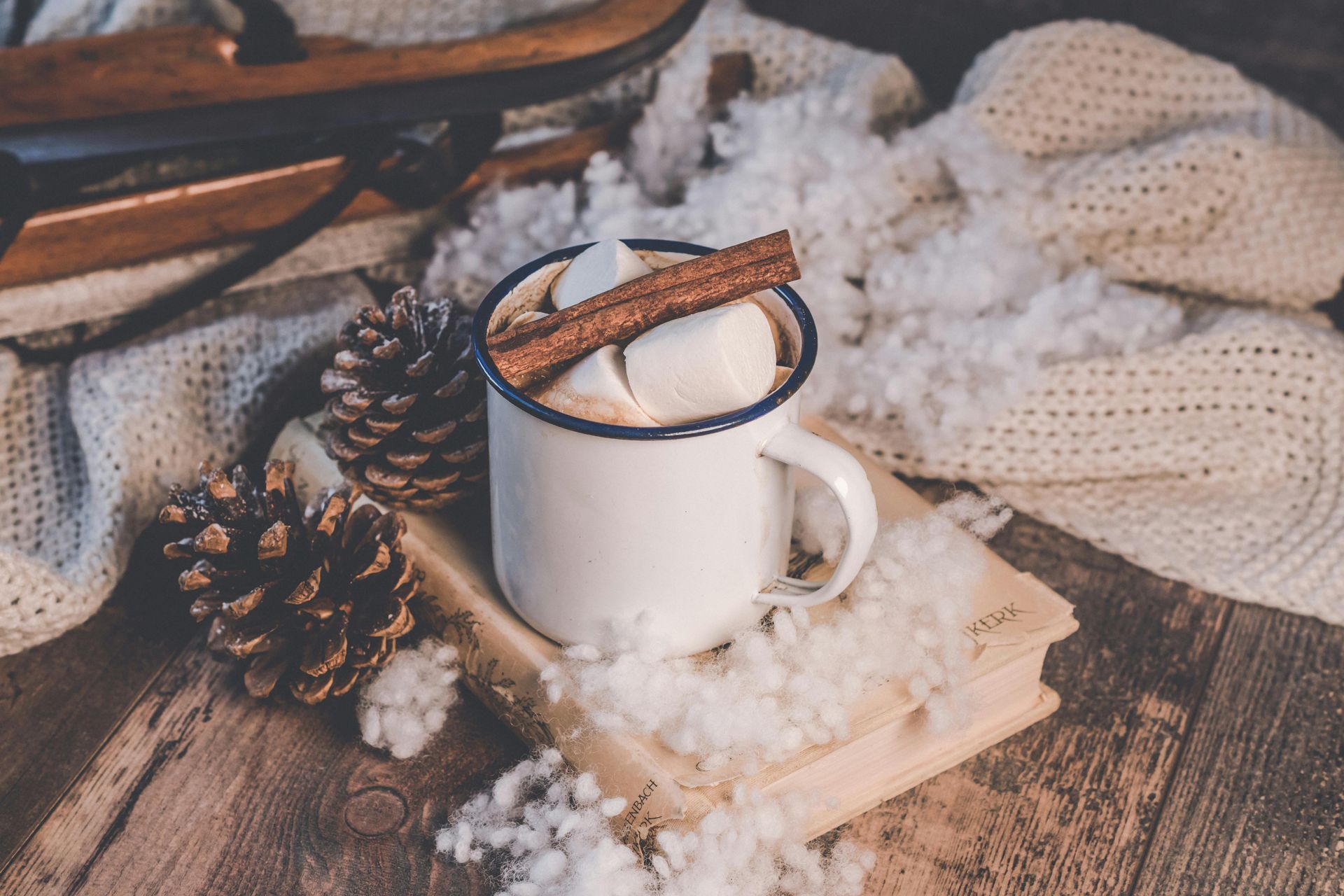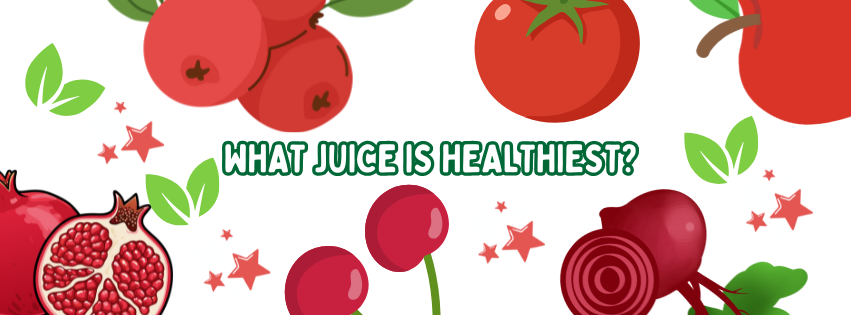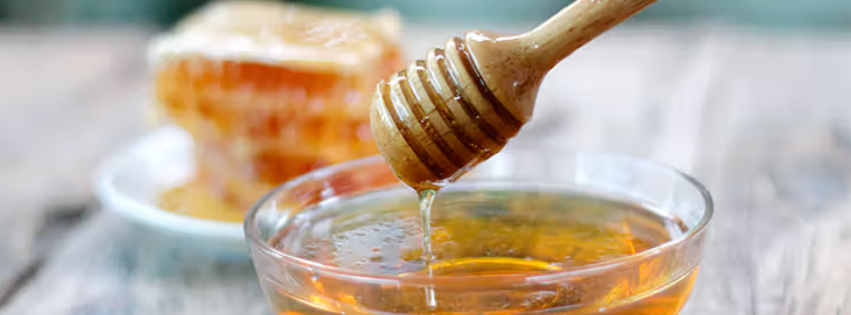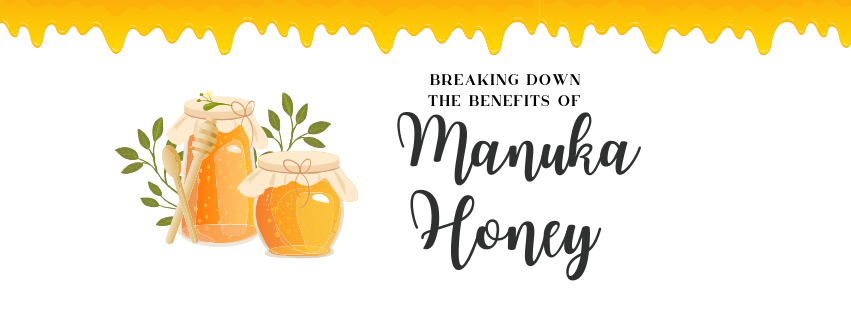Aging Interrupted 101: Ways to Stay in Full Bloom
This information is not intended to replace appropriate medical advice. Please check labels for contraindications and check with your pharmacist if you take prescription drugs. These suggestions are from various professional sources, and Jo Anne’s Place customers and staff presented for entertainment and inspiration.
We suggest you take some time and go through the list, checking off those things you are already doing. Then gradually implement the suggestions that appeal to you. The more you include on your journey to extraordinary health, the better the outcome.
How To Start Being Healthy?
- Plan the course of your life and fill it with purpose. Here’s a strategy from some of our customers who are cancer survivors: Set a date many, many years in the future, when you feel you will have fulfilled your life’s purpose. Don’t limit yourself. According to various sources, human life expectancy should be 140 years or older! More about that at the end. Calculate, allowing for leap years, the total number of days you plan to remain healthy and active on Planet Earth. Each day decide how to use this time to fulfill your plan and subtract one day off your total days left. They report it lends a deep sense of meaning to their lives and keeps them conscious of the gift of life – “the present”.
- Start a daily meditation practice. Meditation can be as simple as contemplating the beauty of nature or the joy of healthful living. Meditation lowers blood pressure, promotes deep healing, reduces stress, and more.
- Face any health problems head on and hit them hard with a protocol for healing.
- Deal with stress. Stress, anxiety, and loneliness are super aging accelerators. In the UK they have appointed a Minister for Loneliness. A life full of purpose and the pursuit of extraordinary health doesn’t leave a lot of room for these life zappers.
- Start listening to your body. There is a second “brain” in the human gut – the enteric nervous system. It can communicate with you if you can learn to listen and ultimately trust your gut.
- Play. Cultivate joy in your activities and release those endorphins.
- Find opportunities to laugh. centenarians are known for their ready humour and hearty laugh.
- Spend some time in nature every day.
Examples of How to Keep Moving
"It is a shame for man to grow old without seeing the beauty and strength of which his body is capable" - Socrates
- Consciously stretch, bend, and breathe deeply into the abdomen. Shallow, rapid breathing interferes with normal digestion and gradually erodes health.
- Pay attention to your posture, your organs need room to function normally.
- Get 30-45 minutes of moderate exercise, like walking, 3-5 times weekly.
- Perform the 4-minute workout developed by Dr. Zach Bush,
see it online.
- Yoga has been shown to increase flexibility, decrease inflammation, reduce stress, improve metabolism, lower blood pressure, and more. Many yoga studios provide a community of likeminded individuals seeking a healthier way of life.
How to Stay Alert
- Spend less time on computer and minimize cell phone exposure.
- Sleep more. Get 7-8 hours each night and take a nap when your schedule allows. English actress, Helen Mirren, claims this is her secret to perpetual youth.
- Don’t drink or bathe in chlorinated water. Drink filtered or spring. Install a shower filter or use 1 tsp vitamin C crystals in tub water. Chlorine is a potent free radical linked to cancer, thyroid problems, hardening or the arteries, diabetes, and more!
- The water stored in our cells is not H2O, but restructured H3O2. This water is known as EZ water, short for exclusion zone. It is negatively charged and can store energy like a battery. While research is still in progress, glacier melt water appears to be the closest thing to EZ water that is readily available. As well, spending time in an infrared sauna restructures water stored in the body. Pouring water back and forth between 2 glasses in the sunlight will recharge water.
- Going barefoot outside on the grass, dirt, or rocks has multiple health benefits. Researchers have found this practice, known as Grounding or Earthing, connects us with the powerful energy of the earth, relieving stress, inflammation, and neutralizing free radicals. The earth is constantly emitting a healthful electrical field of negatively charged ions.

Diet Plan Suggestions
- Practice calorie restriction. There is growing evidence that lower food intake and intermittent fasting improve health and increase longevity through increased mitochondria activity.
- Your stomach is the size of your hands cupped side by side. The amount of food you consume should leave enough room in the stomach to process foods easily.
- Have more plant-based meals. Centenarians abound in the
blue zones of the world where resources are limited and meat consumption a luxury.
- Eat
certified organic food. Pesticides are linked to virtually every degenerative condition.
- Consume a diet consisting of 75-80%
alkaline forming foods to reduce acid load in the system.
- Focus on antioxidants – see
Dr. Axe’s Top 10 Antioxidants.
- Mitochondria are the energy producing power houses in our cells. Keeping levels high is the secret of maintaining youthful health. Pomegranate juice increases mitochondria. Regular consumption of pomegranate or juice is a great way to interrupt aging.
- A compound found in beets and beet juice decreases the buildup of amyloid plaque in the brain - a hallmark of Alzheimer's Disease.
- Consume fermented foods daily to increase nutrient absorption, correct PH, and heal the gut.
- Make mung a staple of your diet. They are an “anti-gas” bean considered to extend longevity in Ayurvedic Medicine. A compound found their skin literally turns off the inflammation switch.
- Eat only healthy fats. Olive, coconut, sesame, avocado, hemp and flax oils, and cultured organic butter provide wonderful fuel and oil soluble nutrients.
- Organic culinary spices like turmeric, cayenne, ginger, oregano, coriander, and basil have profound cellular health benefits. Incorporate them in your diet regularly.
- Aloe Vera juice – in a study, oral consumption of Aloe Vera juice nearly doubled hyaluronic acid and collagen production in study participants.
- Bone broth – builds collagen and bone marrow, aids in remineralization of bones and teeth.
- Raw honey is a humectant that draws water from within the body to the skin.
- Raw foods contain their own digestive enzymes while cooking destroys them. When you eat cooked foods your body has to manufacture and supply these enzymes and experts believe our supply is finite! When you eat a meal that is mainly cooked food take a plant enzyme to offset.
- Japan lays claim to a high number of healthy Centenarians. These citizens live a traditional lifestyle, close to the land, with strong ties to ancestry and family honour. Their diet consists of vegetables and sea vegetables, fermented miso, and small amounts of rice and fish.
- Cook gently. High temperatures generate acrylamides and advanced glycation end products, accelerating the aging process.
What Are Supplements You Can Take?
Supercharge your nutrient profile. Try some out and pick your favourites (the ones that make you feel the best!)
- Vitamin A (retinol) protects collagen from oxidation. Pro vitamin A beta carotene can be obtained through your diet if you regularly consume carrots, yams, kale, squash, and cantaloupe.
- Bio-Strath – shown in numerous studies to improve memory, mood, nutrient absorption, energy, mitochondrial activity, and it is a natural source of RNA and DNA.
- Sublingual B12 – a deficiency associated with most degenerative diseases.
- Vitamin C – 200-2,000 mg daily depending on season. Mature adults with higher levels of vitamin C have fewer problems associated with aging.
- Vitamin D – 2,000-4,000 IU daily depending on season and sun exposure. We recommend testing every couple of years.
- Vitamin K2 – anchors calcium in bones and teeth, prevents calcium deposits in arteries.
- Calcium/Magnesium – helps prevent osteoporosis, maintains healthy cardiovascular system.
- Extra magnesium – important for utilization of other minerals, aids brain function, muscle health, bowel regularity, and increases mitochondria. The most common mineral deficiency.
- Omega 3 fatty acids – necessary for every major body function.
- Probiotics – scientists now link gut health with brain function and mental health (the gut-brain connection), cardiovascular health and blood pressure, immune function, and inflammation.
- Aloe Vera naturally boosts collagen and elastin, along with its multiple other health benefits.
- Co Enzyme Q 10 - an antioxidant that increases mitochondrial activity, protects the cardiovascular system, the central nervous system, and other major organs of the body.
- Astaxanthin - the most powerful antioxidant, anti-inflammatory, protects brain, eyes, and skin. Reduces inflammation associated with autoimmune disorders.
- Resveratrol - improves cerebral blood flow, reduces amyloid plaque, and suppresses inflammation.
- Grapeseed extract - reduces high blood pressure, improves joint and bone health, decreases inflammation, supports kidney, eye, liver, prostate and brain function.
- Berberine – regulates cholesterol, controls blood sugar, cleans arteries, promotes weight loss. We have a great podcast episode on the benefits of berberine!
Highlighted supplements are common deficiencies even among the savviest of seniors!
Which Beverages Can Help in My Healing Journey?
- Holy Basil Tea – reduces cortisol, lowers blood pressure, decreases stress, protect lungs.
- Green tea – reduces cortisol, provides powerful antioxidant protection from inflammation.
- Chaga mushroom tea or coffee – slows the progression of cancer and reduces tumors, improves immune function by strengthening the spleen, reduces inflammation and improves endurance.
- Organic coffee – improves memory and nerve function, high in bioflavonoids, improves digestion and has a protective effect on the bowel.
- Pomegranate and
beet juice – contain powerful antioxidants that protect DNA telomeres. Telomeres are like the plastic ends of shoelaces. Each time a cell replicates the telomere becomes a little shorter. Inflammation increases cell reproduction until the cell is unable to replicate any further. Maintaining a healthy gut and consuming antioxidants and anti-inflammatories through diet and supplementation are the best defense against inflammation and premature cell death.
- Enjoy a glass of organic red wine most days. A researcher with National Geographic reports that centenarians in “blue zones” of the world usually do! However, if you currently abstain, we don’t recommend you start drinking. You can achieve similar health benefits with pomegranate juice.
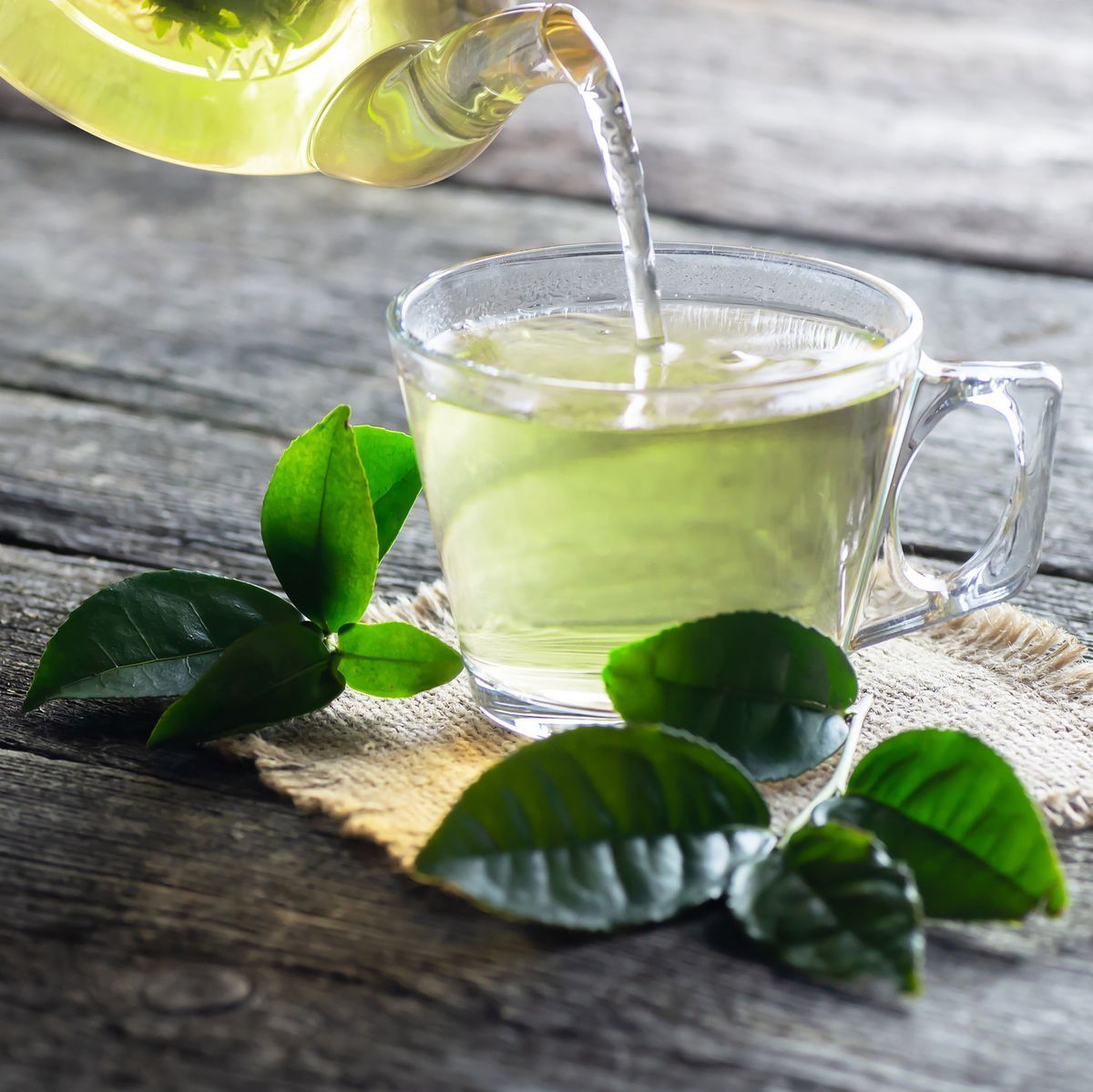
Beauty Tips for the Aging Body
"You're never too old to look younger" - Mae West
*Always mix
essential oils in carrier oils such as jojoba or grapeseed or add to your favourite cream.
- Lemon oil has been shown in studies to reduce signs of sun damage such as hyperpigmentation. Its antioxidant properties can reduce the appearance of fine lines and the high vitamin C content firms the skin and encourages collagen production.
Caution: Lemon oil causes the skin to become sun sensitive for several hours after application.
- Sandalwood has anti-inflammatory properties and it can improve skins moisture retention. The increased hydration plumps up the skin making lines and wrinkles less noticeable.
- Clary Sage – one study concluded that the antioxidant properties help prevent DNA and protein damage from free radicals thereby reducing the aging of skin.
- Frankincense – promotes new skin cell growth, helpful in the treatment of wrinkles as well as stretchmarks and scars. It has the added therapeutic value of stimulating circulation throughout the body. For example, it can be applied to the thyroid gland to stimulate function, to the base of the neck to aid in nerve transmission for those suffering with Parkinson’s, to the temples and brow to improve vision and memory, etc. Useful in the treatment of some forms of cancer.
- In addition to your favourite natural moisturizers use a vitamin C serum in the morning and a vitamin A serum at night (Mad Hippie is great). Take a close up “selfie” on the day you start and compare it with one taken 60 days later!
- Exfoliate –as skin matures skin texture changes and reflects less light. Exfoliation removes the rougher outer skin layers and reveals the newer smoother skin beneath so you reflect more light. In addition, exfoliating encourages the production of collagen and elastin.
- Use a toner – a toner does not just remove the last traces of a cleanser or soap; it returns skin to its natural slightly acidic state increasing skin’s resilience to damage and aging.
- Give yourself an instant eyelift by shaping and defining your brows. YouTube is a great place for makeup tutorials!
- Smile. Make a gentle smile a habit. It can lift 10 years from your face, and it keeps facial muscles toned.
- Perform an annual liver cleanse. The skin reflects the health of the liver and digestive organs!
Examples of Healthy Living Habits
- Surround yourself with colour, texture, and things that say “home” to you.
- Fill your home with the life and beauty of plants. They breathe clean oxygen into your world and add vibrancy to the atmosphere. Plants do produce carbon dioxide at night (though little) so smaller plants, or snake plants aka the bedroom plant, are most suitable for bedrooms.
- Bees wax candles and Himalayan salt lamps neutralize harmful positively charged ions.
- Diffuse essential oils. Our olfactory sense is the most powerful. Let home smell like “home”.
- Get rid of toxic cleaning products. Go green!
- Off-gassing poses serious health risks. When purchasing new items for your home look for products that have not been chemically treated or find somewhere to store a new item and vacuum it repeatedly before bringing it in to your living space. (Leons uses a beeswax-based stain protection!)
How To Stay Emotionally Empowered
"Nothing can dim the light that shines within" - Maya Angelou
- Stress is a major culprit when it comes to aging.
Digestion, detoxification, and repair are impaired, causing an uptick in acidity. Cultivating a youthful “can do” spirit will help you embrace challenges rather than feel overwhelmed by them.
- Build your
self-esteem. Studies of centenarians show they demonstrate confidence and strong decision-making ability.
- Love and be loved.
- Get a furry friend. Being responsible for the well-being of another keeps you young!
- Most centenarians enjoy strong family, social, and community connections.
- Boredom zaps energy and accelerates aging. The cure for boredom is curiosity, and for curiosity there is no cure!
- According to researchers, most long lived are well educated and continuously read and learn about new things.
- As you navigate through your vital and purposeful life, be intentional about each and every choice. Ask yourself “Does this choice (activity, dietary, social, etc.) move me forward or backward?"
- Keep a journal and be a witness to your life. Studies have shown that keeping a journal reduces inflammation and improves lung health. It can relieve stress and help focus action and thought.
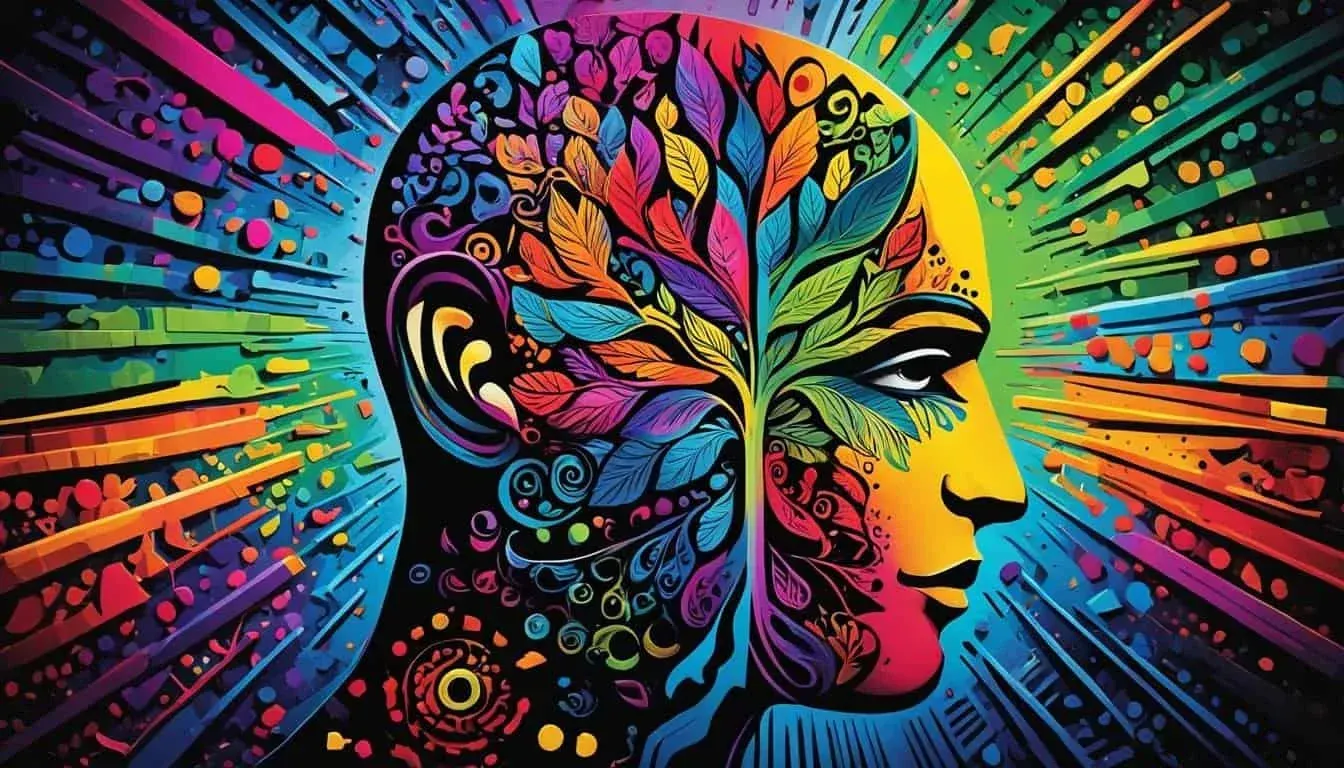
Tips to Slow Aging
- Dry body brushing – keeps the lymphatic system healthy and your skin glowing. Brush daily for one month, then every second day to maintain good health.
- Use a Neti Pot. According to Ayurveda it not only improves sinus health, the highly alkaline saline solution draws acidic waste from all areas of the head, thereby improving vision, hearing, and even brain function.
- Chiropractic and cranial sacral adjustment – opens blocks to the normal flow of energy through the body allowing it to maintain and sustain itself naturally.
- Massage – reduces tension and stiffness associated with aging.
- Saunas provide powerful detoxification. Infra-red saunas are particularly effective and have the added benefit of restructuring water in the body to EZ water.
- Perform a herbal detox or fast at least once per year or consider doing a one day fast each week. One day per week of the
Master Cleanse or something similar, allows the body to use the energy normally expended on digestion for housekeeping and repair.
- The
liver is a master organ. Keep the liver healthy and it will keep the rest of the body healthy. Liver loving foods and herbs are beets, black radish, turmeric, cilantro, artichoke, milk thistle, dandelion, nettle, endive, arugula, lemons, olive oil, and garlic.
- Use enough vitamin C, magnesium, and seeds or fiber to keep the bowels regular – at least 2 bowel movements daily.
- If you want to know what vitamin C can do for you, cut an apple in 2 and sprinkle a little vitamin C powder on half. Check it out in a few hours. The untreated half will have oxidized and turned brown. The treated half will be as juicy and fresh as when you cut it open. Once a year perform a vitamin C flush to saturate your body with this youth protecting antioxidant.
- Align your body with the Earth’s magnetic field. Sleep with your head to the north, feet to the south.
Top Herbs that Prolong Your Health
- The nutritional profile and biology of yeast cells are so similar to human cells that tests are often carried out on yeast to predict effects on humans. A large study on the effects of medicinal herbs on the lifespan of nutritional yeast yielded some amazing results. Six herbs were identified that significantly increased lifespan.
Of these, White Willow bark was the most outstanding extending the average lifespan of the yeast by 475%. The other five medicinal herbs were valerian, passionflower, ginkgo biloba, celery seed, and black cohosh.
*Check for drug interactions
- Chlorophyll is nature’s deodorizer. It is a blood cleanser, blood builder, and an excellent source of elemental iron and magnesium. It helps to balance blood sugar, aids in weight management, and promotes healthy elimination.
- According to many ancient teachings, the human body is designed to live for 120 years or longer. A Chinese gentleman, Li Ching Yuen, is reported to have lived to 256 years of age. His diet consisted primarily of Chinese herbs, Gotu Kola, wild ginseng, goji berries, mushrooms, and rice wine. He was an herbalist, a martial arts instructor, and a university professor. Here are his secrets for long life: ‘Keep a peaceful mind, sit like a tortoise, walk sprightly like a pigeon, sleep like a dog”.
- Astragalus is a Chinese herb well worth including in any anti-aging program. It is best known for its immune boosting properties, but it is also good for fatigue, cardiovascular health, and blood pressure. It can prevent or slow tumor development and improves insulin resistance and protects the kidneys from damage related to diabetes.
Conclusion
"It Takes A Long Time to Become Young" - Pablo Picasso
Here are some more thoughts to ponder.
- If you attend big family gatherings you may have noticed people tend to fall into groups: the children are off playing somewhere, moms are involved in conversations about the children, dads are talking about football, teens are playing video games, and the more mature members of are sitting around talking about this one’s surgery, that one’s bypass or another one’s heart attack. (no disrespect intended by the author 😊 who has done this many times herself!)
- A word of advice: go play with the kids.
- Immerse yourself to information and literature on wellness, not disease.
- Don’t spend time with people who think over 60 means “one foot in the grave”. Deepak Chopra cautions us to monitor our thoughts because every cell of our body is listening.
- Natural Health pioneer Hanna Kroeger advised us to never eat heavy protein (beef, pork, poultry, fish, soy, cheese, eggs) after lunch. It will take the liver up to eight hours to break these down into amino acids by which time you are at rest and so is your lymphatic system. Your lymphatic system is the method of transport for amino acids. If they can’t be delivered where they’re needed they’re dumped and stored in a weak part of your body – joints if you have arthritis, a tumor, etc. Don’t feed disease! Lunch like a queen/king, supper like a pauper.
- One of the least talked about and most important factors in disease prevention is maintaining a slightly alkaline urine pH. As long as urine stays in the range of 6.5-7.4 your kidneys are able to eliminate waste. If your system is too acidic waste gets stores leading to inflammation, the underlying cause of virtually every health problem. Get scientific – check your own urine pH.
- Write your autobiography. Gather pictures and memorabilia and record the highlights of your life. You may think you’re not interesting enough, but your family will treasure a record of their history and it may spark a new tradition. The Dalai Lama said, “If you think you’re too small to make a difference, try sleeping with a mosquito”.
- Continue to dream big! Do something you’ve always wanted to do. Show the folks in your world that limitations don’t exist when you cherish your life, stay well, and keep on living right out loud.
It is our privilege to partner with you on your health journey!
*Revised December 2024
